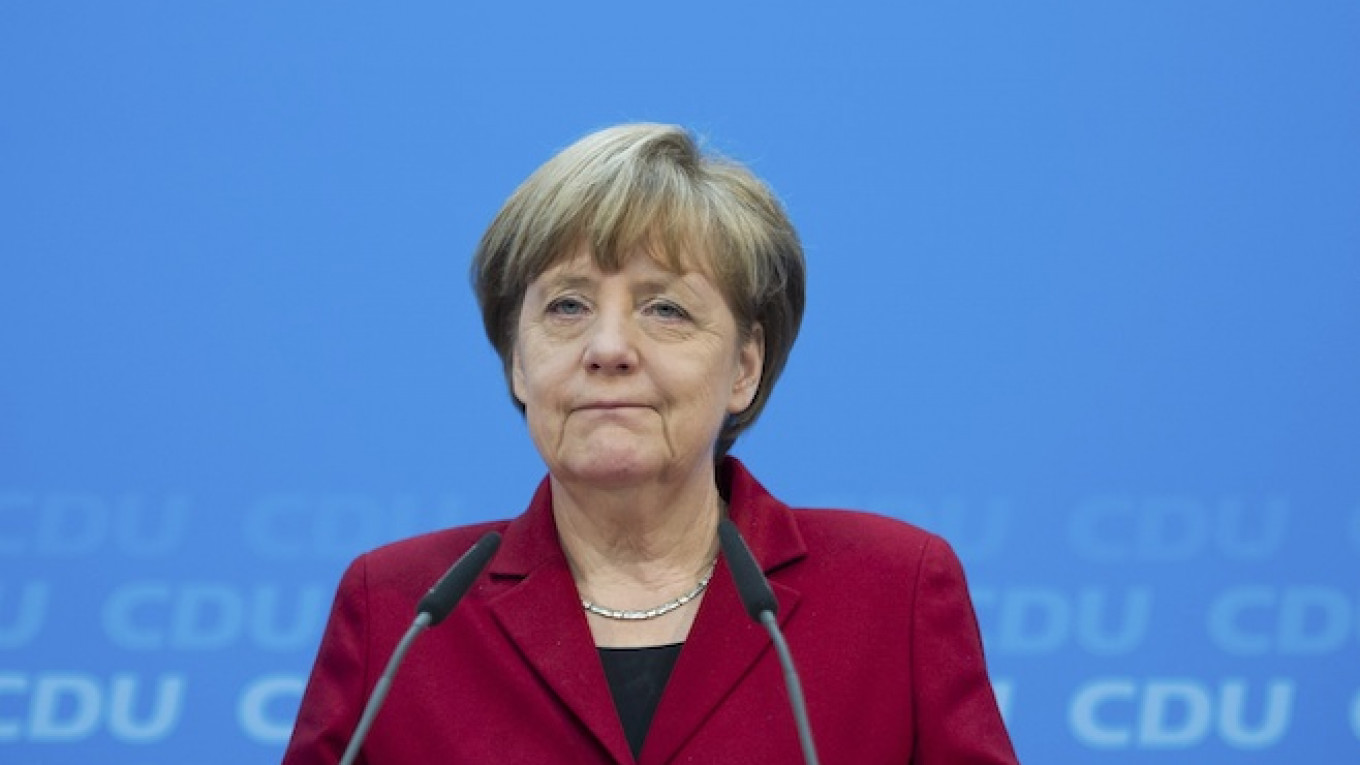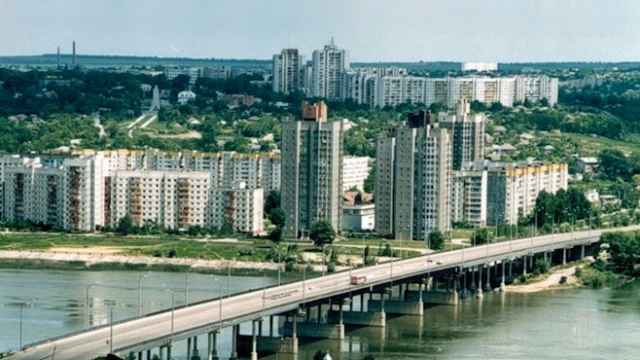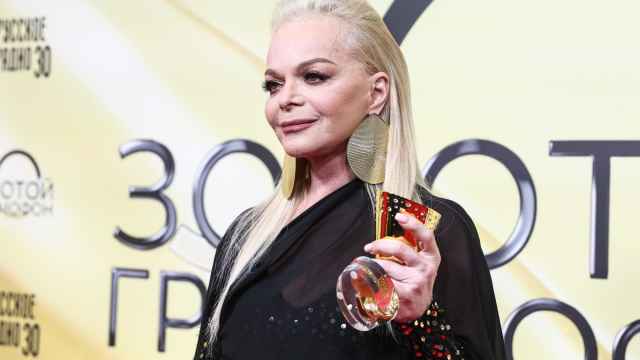BERLIN — Germany's Angela Merkel has said she hopes Russian President Vladimir Putin will not try the same strategy in Moldova as he has in Ukraine, and expressed support for the country's efforts to forge stronger ties with Europe, to Moscow's chagrin.
The chancellor, asked Thursday at a news conference with visiting Romanian President Klaus Iohannis whether she thought there was a risk that Romania's eastern neighbor could be in Moscow's sights, replied: "Well, we hope not."
Germany and European Union member Romania feel "politically very closely linked to Moldova" and will support the new pro-EU government of Chiril Gaburici, she said.
Moldova, one of Europe's poorest countries, wedged between Ukraine and Romania, has ratified a political and trade agreement with the EU, turning its back on a future in a Russian-led customs bloc.
"There are many small steps that show Moldova is our close partner," said Merkel, citing the EU's attempts to offset the impact on the Moldovan economy of Russia's ban on imports of wine and food from Moldova in retribution for its overtures to the EU.
Iohannis said there were "no indications at the moment" that Moscow would interfere in Moldova.
Merkel and Iohannis both said the crisis in Ukraine had put the spotlight on the situation of Transdnestr, a breakaway sliver of Moldova with strong ties to Russia, which Moscow has warned Moldova it could lose if it moves closer to Europe.
Ukraine's war against pro-Russian separatists was partly triggered by Kiev pursuing similar pro-EU policies to those now being adopted by Moldova, in the face of opposition from Moscow.
British Prime Minister David Cameron warned this week that Russia could try to destabilize other countries in eastern Europe if it was left unchallenged over its actions in Ukraine. "Next it'll be Moldova or one of the Baltic states," he said.
The centre-right Romanian president said there was no need for Hungarian Prime Minister Viktor Orban to take the part of ethnic Hungarians living in other countries in the region including Romania, Ukraine, Slovakia and Serbia.
Iohannis said he was in close contact with political parties representing Romania's Hungarian minority, adding: "There is no Hungarian problem in Romania."
A Message from The Moscow Times:
Dear readers,
We are facing unprecedented challenges. Russia's Prosecutor General's Office has designated The Moscow Times as an "undesirable" organization, criminalizing our work and putting our staff at risk of prosecution. This follows our earlier unjust labeling as a "foreign agent."
These actions are direct attempts to silence independent journalism in Russia. The authorities claim our work "discredits the decisions of the Russian leadership." We see things differently: we strive to provide accurate, unbiased reporting on Russia.
We, the journalists of The Moscow Times, refuse to be silenced. But to continue our work, we need your help.
Your support, no matter how small, makes a world of difference. If you can, please support us monthly starting from just $2. It's quick to set up, and every contribution makes a significant impact.
By supporting The Moscow Times, you're defending open, independent journalism in the face of repression. Thank you for standing with us.
Remind me later.






